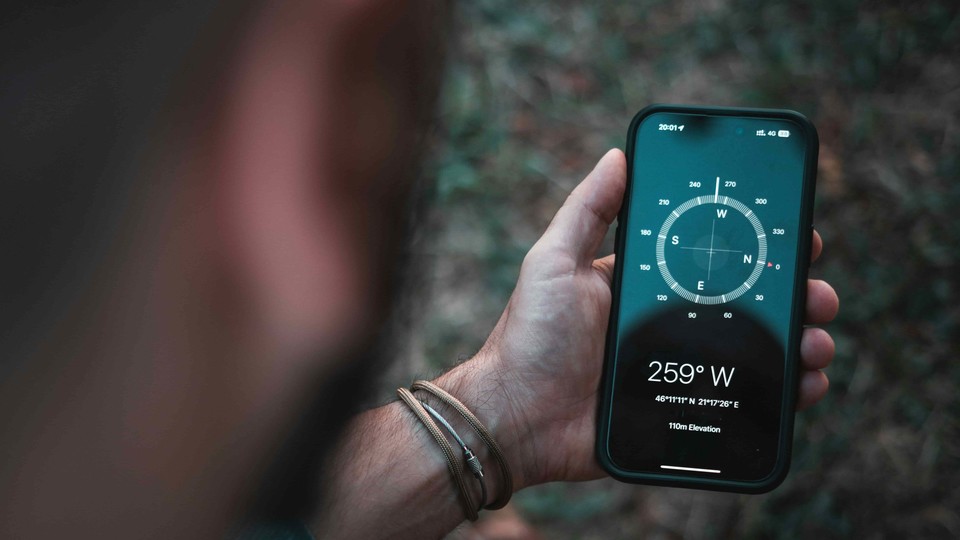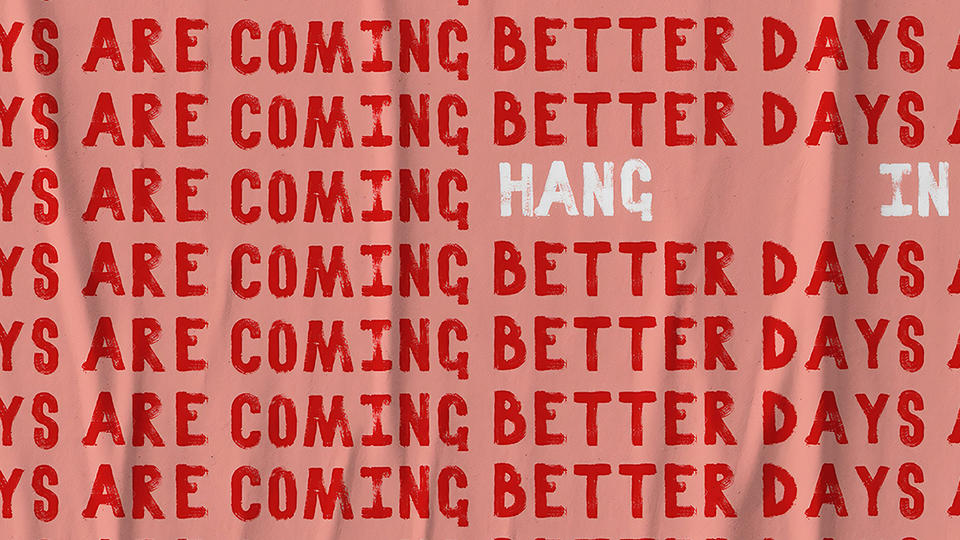
Picture This
What Does Our Growing Ability To Document Personal Life Mean For Business?
Based on research by G. Anthony Gorry (1941-2018)
What Does Our Growing Ability To Document Personal Life Mean For Business?
- Digital advances make it possible to record minute details of daily happenings.
- When everyone’s life is recorded — and searchable — there are profound implications for businesses.
- Companies are already curating individual employee experiences as learning tools for the entire workforce.
Behind an iron gate, a young Tony Gorry plays in a wading pool with a childhood friend. Wet towels and toys lie on the lawn nearby. His dad tosses a ball into the pool for the boys to catch, as he talks about a new client with his mom. An aunt offers a stick to the family’s aging cocker spaniel, Jack.
This memory comes back — sharp as a high resolution photo — when Gorry, a Rice Business professor, returns to his hometown for his 50th high school reunion. Stopping in front of his boyhood home, he remembers that summer afternoon in the 1940s. Then his cell phone rings.
From more than 1,500 miles away, Gorry writes, “a call flashed through the air to interrupt my reverie. Brusquely, it summoned me back to a life already mediated to a great degree by technology.”
Professor Gorry, who died in October 2018, was a Professor Emeritus who taught computer science and led Rice’s Center for Technology in Teaching and Learning. In a 2016 essay for the journal, Knowledge Management Research & Practice, he elegantly bridged personal memories from his own life with analysis of the way pervasive technology may impact companies’ use of knowledge management.
Our lives are already heavily influenced by technology, Gorry notes. These ever-advancing technologies act as multimedia scrapbooks, or “memory machines.” Embedded digital technology, such as iPhone apps track sleep, FitBits count steps and Siri tells us the number of minutes to routine destinations, while companies can monitor employee movement with webcams, voice recorders and email tracking.
The abundance of data allows organizations to unlock hidden brainpower by sharing one worker’s knowledge with countless others. Companies have already started to do this with digitized instructions manuals and smart devices that link employees to each other and to work processes. To further this ability, companies will continue to blend knowledge management systems with advances in technology.
Such integration can happen fast. In the 2009 book, Total Recall, How the E-Memory Revolution Will Change Everything, Bill Gates postulated that individuals will one day have instant access to all of the information they come across throughout their lives. Just three years later, IBM’s Watson showed its fantastic memory recall and associative powers by beating a person at Jeopardy.
Digital life, in other words, has accelerated the scope and detail of what we can record. As a result, the nature and scope of knowledge management systems in business will change too: New business structures and processes will emerge, alongside new paradigms for the interplay of digital memory machines, human intentions and behavior.
For companies, this means that once-private artifacts of personal experience — documents, scribbled notes, contacts and recorded lunch conversations — can now be curated to establish best practices, create company narratives and to train employees.
Ultimately, big data will transform corporate processes and the way workers interact with one another. But, Gorry notes, there is of course a dark side.
Will coworkers’ lunchtime conversations, topics ranging from business to politics and gossip, be recorded? Will the company then own the personal elements of employees’ conversations? How will concepts of privacy change?
Gorry does not offer anything like a quick snapshot for answer. Instead, with an understatement worth a thousand words, he observes: Interesting times lie ahead for knowledge management.
Tony Gorry was the Friedkin Professor Emeritus of Management at the Jones Graduate School of Business at Rice University.
To learn more, please see: Gorry, Anthony. (2016). Memory machines and the future of knowledge management. Knowledge Management Research & Practice, 14, 55-59.
Never Miss A Story


